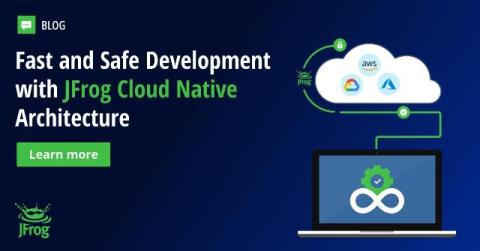JFrog Simplifies Compliance with India's new CERT SBOM Guidelines
The Indian Computer Emergency Response Team (CERT-In) is the national agency responsible for addressing cybersecurity incidents in India. Established in 2004 and operating under the Ministry of Electronics and Information Technology (MeitY), CERT-In is dedicated to enhancing the security of India’s digital infrastructure.











